Windows Daily Adviser
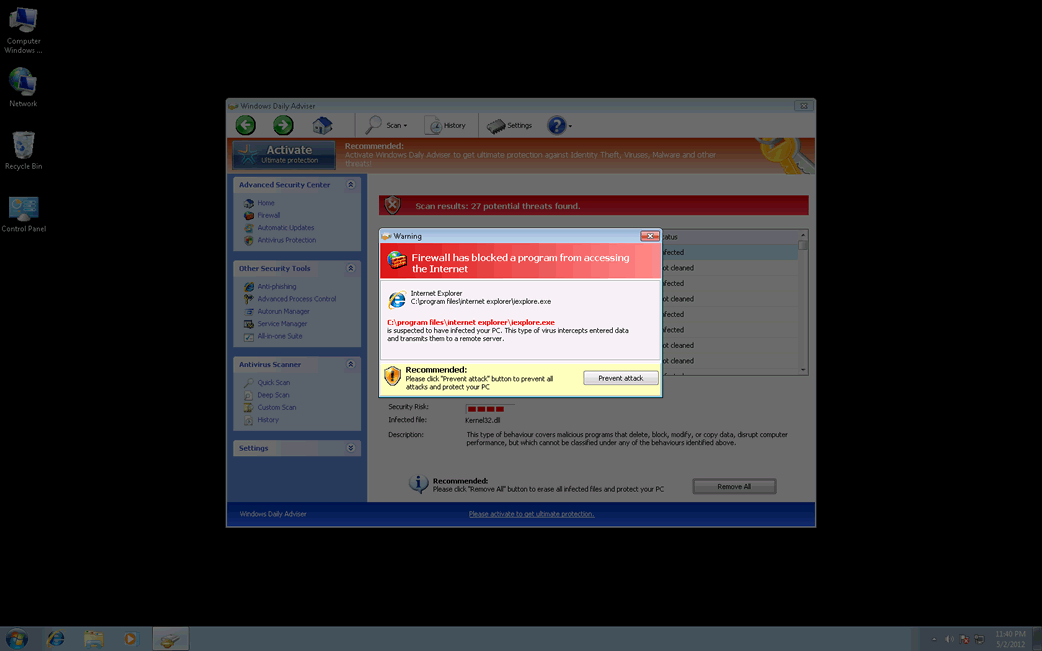
Windows Daily Adviser Image
Despite the fact that Windows Daily Adviser has all the external characteristics of an anti-virus program, Windows Daily Adviser is actually a cleverly disguised malware infection. Fake anti-virus programs like Windows Daily Adviser are a kind of malware infection known as rogue security programs. Rogue security applications are normally part of a multi-component malware strike including several Trojans and often a rootkit component. Windows Daily Adviser belongs to a particularly extensive group of rogue security programs known as the FakeVimes family of malware, also known as Rogue:FakeVimes.
There are many fake security applications in the FakeVimes family of programs which has been continuously updated since 2009. Most security applications can easily detect a rogue anti-virus program belonging to the FakeVimes family of malware. However, the main problem with FakeVimes malware released after 2012 is the fact that it is often bundled with the ZeroAccess, rootkit, a dangerous malware threat also known as the Sirefef rootkit. This rootkit creates a hidden file system that is used to hide Windows Daily Adviser and other malware on the victim's computer. While Windows Daily Adviser itself is not difficult to remove, steps must be taken first to remove the rootkit infection that is often associated with Windows Daily Adviser.
Table of Contents
Protecting Your Computer System from a Windows Daily Adviser Attack
Windows Daily Adviser is just one of a large number of fake security programs belonging to the FakeVimes family of malware. Known clones of Windows Daily Adviser include fake anti-virus programs like Virus Melt, Presto TuneUp, Fast Antivirus 2009, Extra Antivirus, Windows Security Suite, Smart Virus Eliminator, Packed.Generic.245, Volcano Security Suite, Windows Enterprise Suite, Enterprise Suite, Additional Guard, PC Live Guard, Live PC Care, Live Enterprise Suite, Security Antivirus, My Security Wall, CleanUp Antivirus, Smart Security, Windows Protection Suite, Windows Work Catalyst.
Even though all of these programs have different names, they share interfaces that are almost exactly the same and carry out the same scam each time. This scam consists in making the victim think that their machine is severely infected with malware and that an 'upgrade' for Windows Daily Adviser must be purchased before these nonexistent problems can be removed.
Of course, since Windows Daily Adviser has no way of dealing with malware, ESG security researchers strongly advise against purchasing or 'upgrading' Windows Daily Adviser. Instead, it is recommended to use an anti-rootkit tool to remove the ZeroAccess infection that is often included in a Windows Daily Adviser attack and then to use a reliable anti-malware program to remove Windows Daily Adviser itself. Entering 0W000-000B0-00T00-E0020 when asked for a registration code can make Windows Daily Adviser stop displaying its misleading error messages; however, it will still be necessary to remove Windows Daily Adviser from the infected computer system.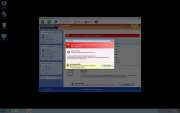
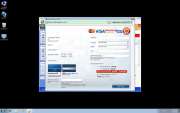
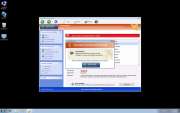
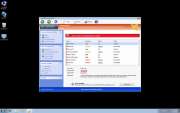
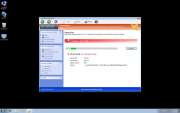
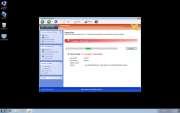
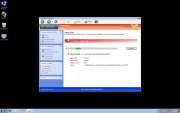
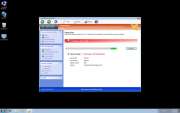
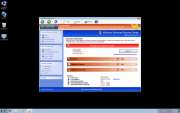
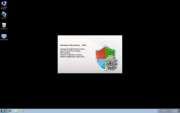
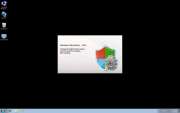
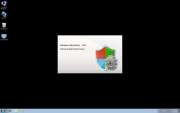
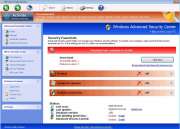
Windows Daily Adviser Video
Tip: Turn your sound ON and watch the video in Full Screen mode.

File System Details
| # | File Name |
Detections
Detections: The number of confirmed and suspected cases of a particular threat detected on
infected computers as reported by SpyHunter.
|
|---|---|---|
| 1. | %AppData%\Protector-[random 4 characters].exe | |
| 2. | %AppData%\Protector-[random 3 characters].exe | |
| 3. | %AppData%\NPSWF32.dll | |
| 4. | %Desktop%\Windows Daily Adviser.lnk | |
| 5. | %AppData%\W34r34mt5h21ef.dat | |
| 6. | %AppData%\result.db | |
| 7. | %CommonStartMenu%\Programs\Windows Daily Adviser.lnk |

